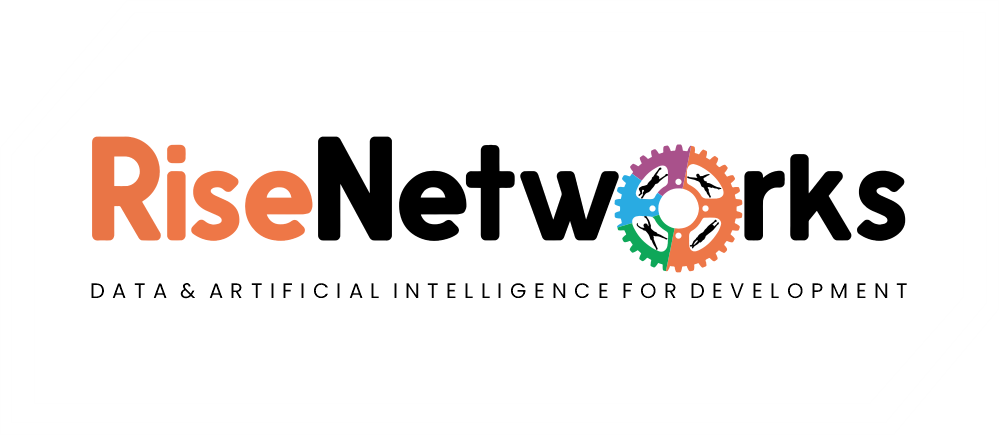(By Drake Baer)
“If, for example, you’re talented enough to graduate at the top of an Ivy League class, you need to ask: What is my responsibility to the world? What legacy do I want to leave behind? This doesn’t mean you must aspire to become the next Paul Farmer. On the other hand, it might mean that helping a hedge fund make a small number of wealthy people slightly more wealthy does not make the cut.“
YOU CAN’T LAND A JOB YOU LOVE IF YOU DON’T KNOW HOW TO DESCRIBE IT.
Here’s an interesting question: Why are the nation’s highest-achieving undergrads flying to finance and consulting?
As Cal Newport observes, the majority of Dartmouth’s five valedictorians are choosing those two sectors, while 36% of an entire Princeton class a year ago took finance gigs and 17% of Harvard grads did the same.
Is this, as a David Brooks might say, a brain drain, caused by thinking the only options for elite students are:
-
making buckets of money in finance or consulting,
-
saving the world at nonprofits,
-
for West Coasters, starting a tech company?
Newport, a Dartmouth grad and author of the iconoclastic book So Good They Can’t Ignore You, tends to think so.
While he was researching that book–which you should read if you want to be satisfied and employed for the remainder of your life–he says he kept bumping into this realization:
“The current generation of college students has a stunted vocabulary when it comes to discussing career aspirations.”
Where’s the systemic and systematic curbing come from? Newport contends it’s caused by the soul-crushing college admissions process (one which seems to signal that life is much more linear than it actually is) and the “dulling effect” of guru-peddled follow-your-passion flimflammery.
So on one side there are expertly marketed, campus-savvy ready-to-replicate themselves elite firms, and on the other side, vague notions of starving artist follow-your-dreamsiness.
If you were a debt-saddled grad on the make, which would you choose?
WHY ARTICULATION HELPS
As we’ve discussed before, humans aren’t very good at understanding (or acting on) things unless they’re clearly described, inscribed, and prescribed–which is why apps need to be massively simple, your nebulous emails don’t get replies, and you just can’t stick to your New Year’s resolutions. In other words, unless we can clearly define our choices to ourselves, we can’t make informed decisions.
Newport puts it well:
“What we need is more career conversations, started much earlier, handled with significantly more subtlety and intelligence than most 19 year-olds, or the career advice industry that caters to them, seem willing to pursue.”
So how do we get more nuanced, subtle, and intelligent about the way we talk about our careers? While this will not be answered in the space of this blog post, Newport has a few suggestions for better questions–and so do we.
1) Cultivating craftsmanship
One of the primary themes of Newport’s So Good is that the life-long pursuit of craft is a key predictor of life-long job satisfaction, and if we take craftsmanship to be mastery, it’s one of the primary intrinsic motivators Daniel Pink names in Drive. We can take this to be a supply-side factor, that is, you find slowly mastering a skill–be it writing or managing–to be a worth life-long pursuit for you.
2) Uncovering a vocation
But, as our friendly neighborhood finance-and-productivity czar Bob Pozen would say, you can’t just consider the supply side, what makes you happy: you also have to make things that people want.
And though we seem to keep forgetting it, this has been known a long time: our man Aristotle said that “where the needs of the world and your talents cross, there lies your vocation,” and having a vocation, as opposed to just a job, is a key to meaningful work.
3) Finding the personal-professional alignment
One of the insights that’s emerged from the work-life balance debate is that we (perhaps) shouldn’t be striving for balance, but rather finding work that “fuses” with your life. As the endearingly badass editor of Cosmo once told us, if you’re lucky, they’re not that different. It’s kind of like running a startup: the greater the alignment, the faster you can move.
4) Sculpting a lifestyle
It’s the general traits of lifestyle that bring people satisfaction, Newport says, not the specifics of a given job. So if autonomy, connection, adventure, or influence are the qualities that you worship in your own private shrine, look for gigs that provide those.
5) Identifying your ethic
As we mentioned, if we want to survive in this beautifully strange world of ours, we need to make something it wants. But, if we are privileged enough to do so, we can do something it needs.
Again, Newport:
If, for example, you’re talented enough to graduate at the top of an Ivy League class, you need to ask: What is my responsibility to the world? What legacy do I want to leave behind? This doesn’t mean you must aspire to become the next Paul Farmer. On the other hand, it might mean that helping a hedge fund make a small number of wealthy people slightly more wealthy does not make the cut.
So what does make the cut? That’s a matter of doing work worthy of a lifetime. Thankfully, brilliant people have thought about this before.
(Source: Fastcompany)
“Opinion pieces of this sort published on RISE Networks are those of the original authors and do not in anyway represent the thoughts, beliefs and ideas of RISE Networks.”

